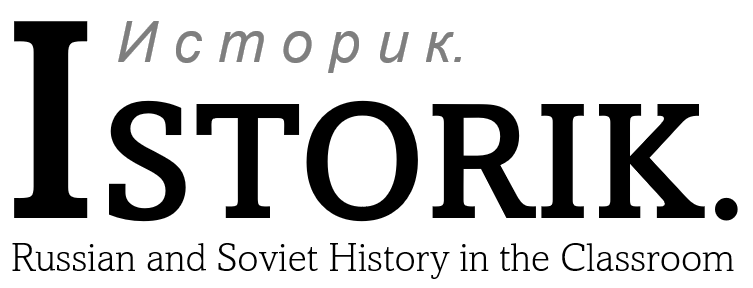Over the past two years, a number of teachers and educators have watched with alarm and frustration as the Holocaust Memorial Day Trust (HMDT) has sought to quash discussion of atrocities in Israel and Gaza as part of Holocaust Memorial Day (HMD).
The HMDT has now reiterated its guidance that it “does not recommend” any discussion of Israel and Gaza. Its guidance, which can be found in full here, raises several arguments in support of this position, including that:
- “There are many diverse and strongly felt opinions on current conflicts taking place around the world, and it is important to be clear that HMD is neither a time for commenting on current conflicts, nor for decisiveness.”
- The purpose of HMD is, rather “to commemorate the 6 million Jews murdered in the Holocaust, and the millions more murdered under Nazi persecution. It is also a day to recognise that prejudice still exists within our communities and to learn and commemorate where persecution led in Cambodia, Rwanda, Bosnia and Darfur.”
- “Opening a discussion or making statements on the conflict [in Israel and Gaza] at an HMD event will be almost certain to divide and upset the audience – whereas HMD seeks to bring people together with a shared purpose. Further, it will take the event further from its central purpose of commemoration of the Holocaust.”
- “Focusing on the situation in Gaza at an HMD event while making no reference to other global conflicts risks appearing one-sided.”
I’ve written twice to the HMDT this year, ahead
of HMDT 2025 and again ahead
of HMDT 2026 to raise a number of concerns and objections. These have
not been in any way addressed by the HMDT’s reissued guidance.
Instead of revisiting old letters, here I’ll offer a
critique of the reissued HMDT guidance.
I hope this might offer some constructive thoughts from the
perspective of a teacher with an interest in commemorating the Holocaust and
other instances of genocide since 1945.
This post is not designed to be any kind of definitive
“final word” on the matter, but instead a working through of some of my ongoing
thoughts.
In particular, I hope it might be of use to other teachers and educators in a similar position when considering options for commemorating HMD 2026 with young people.






